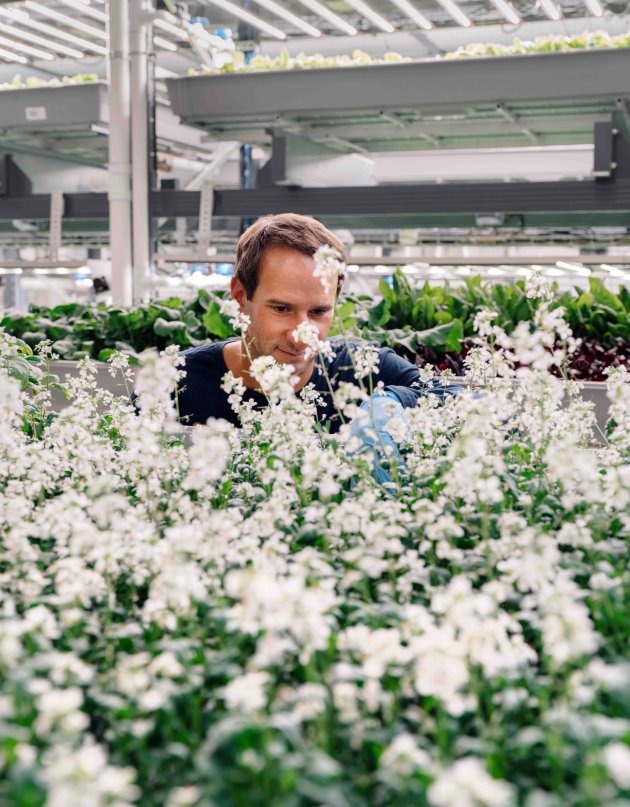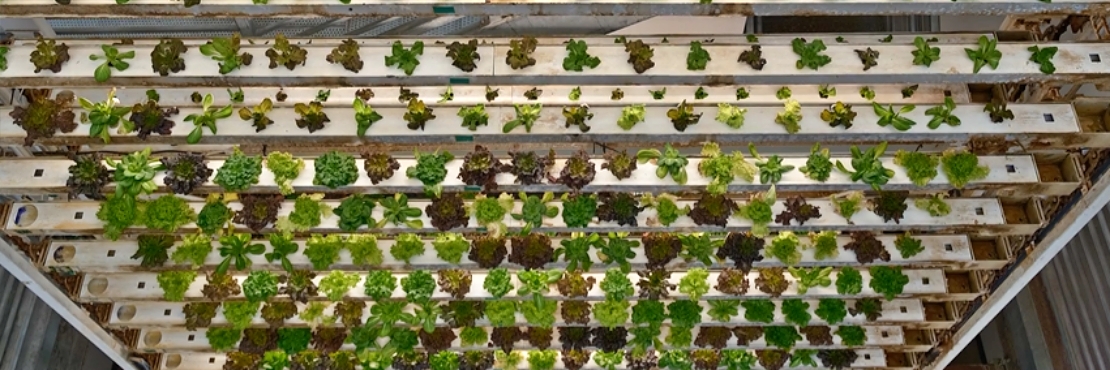Bill Saporito, Editor-at-Large, of Inc. writes:
Wherever it goes next, vertical farming will accelerate change. Consider: Farmers have been manipulating plants for more than 10,000 years. Or so we believed. Another school of thought, articulated by Italian botanist Stefano Mancuso in his book The Revolutionary Genius of Plants, says the opposite has also been happening: Plants have brought us along on their evolutionary journey, employing us as their means of transportation. They started in the wild and then moved to farms. Now they're living in high-rises, safe from weather, predators, and disease. The entrepreneurs who nurture them, who weren't really farmers when they started, have evolved into the role alongside the plants and the technology. And, as in nature, learning to adapt in business will only raise their odds of succeeding.
How a group of startups has moved farms to high-rise plant factories in the most unlikely locations.
A lot of things have been made in South Kearny, New Jersey, over the past 125 years. At the Federal Shipbuilding and Dry Dock Company, along the Hackensack River, workers cranked out 440-foot Liberty ships during World War II. Before and after that conflict, Ma Bell’s Western Electric Company made telephone cable and transmission equipment that was built to last forever.
Too bad Federal and Western Electric didn’t last. Neither did a lot of businesses in this swampy New York City borderland, including chemical plants, metal benders, tank farms, warehouses, and manufacturers that spewed who-knows-what into the world before they began to close in the late 1960s.
Which is why it’s so hard to fathom that a company called Bowery Farming is growing lettuce, microgreens, herbs, and even strawberries in a century-old building here. That anything edible grows in this wasteland is astonishing.

Bowery Farming founder Irving Fain checks out a crop of wasabi arugula.
Bowery is among a rapidly growing crop of high-rise urban farming companies that are changing the very concept of agriculture, as well as the way fresh produce gets to us. The pristine white interior and stacked greens of Bowery’s South Kearny Farm X building are a jarring contrast to the bleak landscape outside. Tray after plastic tray of greens–a 40-foot-high erector set of stacked plants–are seeded and racked in a tightly controlled, continuously monitored grid that stretches from wall to wall and floor to ceiling. “It turns farming on its head,” says Bowery founder Irving Fain, a software entrepreneur from Providence, Rhode Island, who had zero prior experience in agriculture before starting the company.
Vertical farms are at the forefront of an industry segment called controlled environment agriculture (CEA), which has attracted billions in startup capital over the past decade. The premise is that, compared with traditional farms, vertical farms grow crops faster with higher yields, while using far less water and no pesticides–all combining to make vertical farms 100 times more productive per square foot of farmland.
Some of the other companies mentioned in this article are Fifth Season, Vertical Harvest, AeroFarms, and AppHarvest.
Read more: Meet the Urban Farmers Shaping the Future of the $5 Trillion Agriculture Industry
 Greenroofs.comConnecting the Planet + Living Architecture
Greenroofs.comConnecting the Planet + Living Architecture





